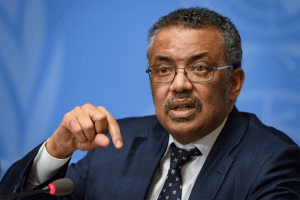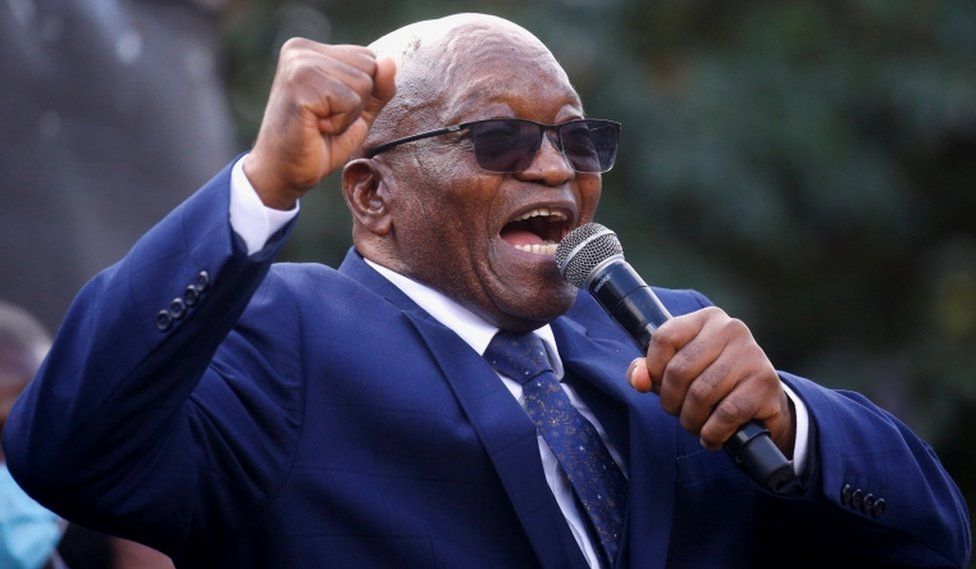Removal of Petrol Subsidies in Nigeria Causes Price Surge in Neighboring West African Countries
Removal of subsidies impacts petrol prices and illicit trade across West Africa
Since Nigeria removed subsidies on petrol, petrol prices in neighboring West African countries have witnessed a significant increase, rising over 40 percent in surveyed markets. Cameroon, Togo, Benin, and Guinea, among others, are among the countries affected by this development, according to energy price data and fuel price forecasts think-tank, Globalpetrolprices.
The price disparity between the average petrol price in Nigeria and Guinea is less than N268, while it reaches around N443 per liter in some other West African nations. This indicates that Nigeria’s subsidy removal has disrupted the illicit petrol trade across the sub-region.
Kelvin Emmanuel, energy sector expert and co-founder/CEO at Dairy Hills, noted, “The surge seen in petrol prices around border countries like Benin Republic, Chad, and Niger is a testament to the fact that Nigeria has for years subsidized petrol prices across these countries.”
Analysis suggests that the removal of petrol subsidies has made smuggling petrol from Nigeria less lucrative, as the black market price has started to converge with retail prices at official stations.
A viral video circulating on various social media platforms depicted motorcycle riders in Cameroon expressing their dissatisfaction and lamenting President Bola Tinubu’s decision. This serves as a reflection of the impact felt by neighboring countries due to the removal of petrol subsidies in Nigeria.
Billy Gills-Harry, president of the Petroleum Retail Outlet Owners Association of Nigeria, stated that the removal of petrol subsidies in Nigeria has had repercussions on petrol prices across West Africa. He explained that neighboring countries experience price fluctuations due to supply disruptions and high demand. Gills-Harry also highlighted that the purchasing power of countries involved in smuggling petrol from Nigeria has been affected by the subsidy removal.
The volume of petrol smuggled out of Nigeria is not accurately documented. The Nigerian National Petroleum Corporation (NNPC), the sole supplier, recently disclosed that 66 million liters of petrol leave its depots daily. However, the company is unable to estimate how much is consumed domestically, acknowledging the prevalence of smuggling.
Independent energy experts estimate that Nigeria’s daily energy consumption is less than 40 million liters. The situation is expected to improve when Dangote Petroleum Refinery in Nigeria, set to begin petrol production in early August, alleviates the ongoing petrol shortages in the country.
Vice President Kashim Shettima revealed that Nigeria’s daily petrol consumption has decreased from 67 million liters to 41 million liters following President Bola Tinubu’s removal of the petrol subsidy. Shettima criticized the opaque and inconsistent nature of the entire subsidy regime.
You can always reach us through these channels Facebook: https:/www.facebook.com/ancitymedia Instagram: https://www.instagram.com/ancitymedia Youtube Channel: https://youtube.com/@ancitymedia
Phone Numbers: 07062501185, 09038738731 E-Mail: info@ancity.com.ng, anambracity@gmail.com Copyright. This Post: Removal of Petrol Subsidies in Nigeria Causes Price Surge in Neighboring West African Countries was approved and published by Ancity Media Editor and may not be republished elsewhere without prior written permission from the Editor. |
















